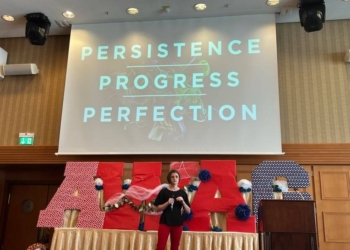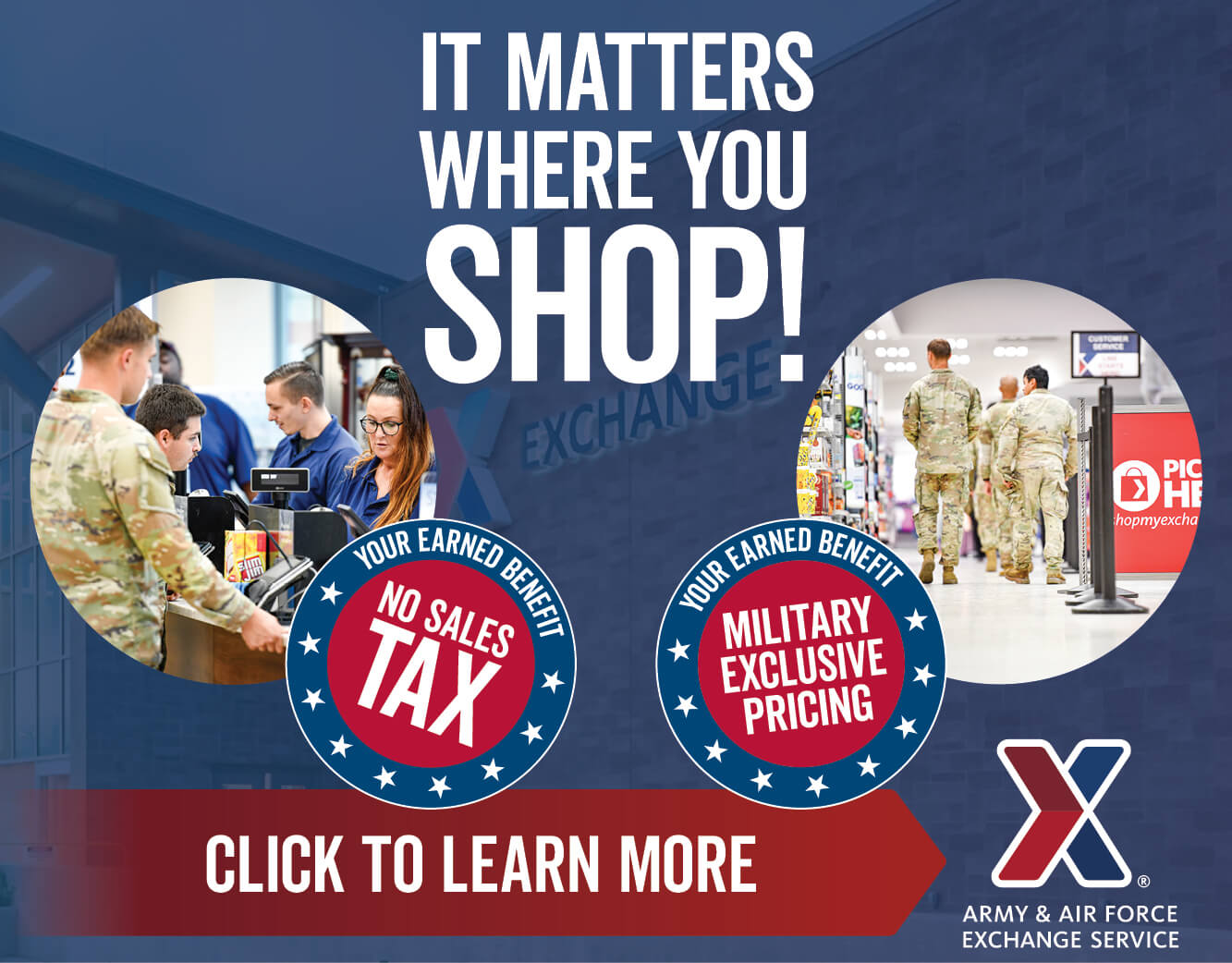The Small Business Administration announced in June that it is investing more than $1 million to provide training for aspiring and existing veteran small business owners.
SBA has specific Veterans Business Outreach Centers (VBOCs) that serve as community partners and one-stop-shops for veterans and spouses looking to start and grow small businesses. Eligibility is extended to service members, veterans, guardsmen, reservists, and military spouses.
“We also provide a host of military community-focused entrepreneurship training, with courses such as Boots to Business, Boots to Business Reboot, and the Military Spouse Pathway to Business course,” an organization representative said.
To date, more than 200,000 have completed B2B since the program’s inception in 2013.
Additionally, SBA partners with other educational, community and veteran service organizations, all with the goal of providing comprehensive assistance to new and aspiring entrepreneurs.
RELATED: Military entrepreneurs offer advice on getting started with small business ownership
Case in point: B2B is an entrepreneurial education and training program offered by SBA as part of the Department of Defense’s Transition Assistance Program. It provides participants with an overview of business ownership.
“SBA offers the same flexible resources for spouses as we do for veteran business owners,” the representative said, “with SBA resources for every part of the military spouse entrepreneurship journey.”
Getting started is easy. Military spouse entrepreneurs can apply for any SBA-guaranteed loan, and a number of SBA loan programs are available. The organization even provides a lender match tool to assist potential users in finding authorized lenders in their area.
Before reaching out to the SBA, however, they recommend taking care of a few things first.
First, have a basic idea of what you hope to do, do research on the type of business you’re expecting to start, and make sure personal finances are in order. After those steps are taken care of, SBA will be able to match you with a valuable mentor who can help you determine what steps to plan for next.
According to the SBA, that mentorship cannot be underestimated, and it’s important that program participants realize the value of a true partnership with that business-building mentor.
“The most common mistake [entrepreneurs make] is trying to do it alone,” the organization says. That’s why mentorship is such a core component of SBA programming.
“When you need reliable advice to start or grow your business, the SBA can connect you with experts who understand the business climate at both a national level, as well as in your specific region or market,” they explained.
Localized assistance from SBA and its network of resource partners, who offer free or low-cost counseling and training in any particular area, is vital, they add.
“Our small business mentors have helped thousands of new businesses get their start, and thousands of existing businesses to expand and grow.”
Bonus: SBA services are generally provided at no cost to entrepreneurs and are federally funded — to put it another way, SBA encourages individuals to utilize resources that have already been paid for with your tax dollars.
“Entrepreneurship should not be a solo mission. Let our team help position you for success.”

































